#the holy grail of cute dog traits
Text
Please let her one floppy ear stay floppy let her have one floppy ear and one pointy ear dear lord.
2 notes
·
View notes
Text

I’ve been working on a secret project for a while, and this is it. 18 years ago today, I was born, and to mark the occasion, I decided to make 18 sims! I spent about a month or two on this, so I hope you guys like it! If you use these sims, please let me know!
I used CC on the everyday wear, but I believe that I only used in-game content for the other outfits. Rather than linking each and every single default I use, you can find them on my resource page here. All females use the forehead version of this cleavage overlay. I didn’t use much CC, if any, on the males besides my defaults!
Download the sims here!
I’m putting Everything below the cut because this is an extremely long post.

Sherry Barrow
Aspiration: Fabulously Wealthy
Traits: Hot-Headed, Unflirty, Vegetarian
CC:
Em Hair
Jaclyn Eyeliner
Metallic Lipstick from SSP Pack
Pralinesims Anastasia Brows
Magnolia Top
SSB Freckles
Full Spectrum Urban Lip Kit
Soft Shadow Urban Eyeshadow
Galaxy Nails
Artemis Eyeliner
Rustic Romance Perfect Shade Heels

Shaiden Loft
Aspiration: City Native
Traits: Cheerful, Noncommital, Hates Children
CC:
Keep Your Lips Sealed Lipstick
Jacket Recolor
ABH Modern Renaissance
Classic Liner Urban Eyeliner
Basegame Recolor Shoes
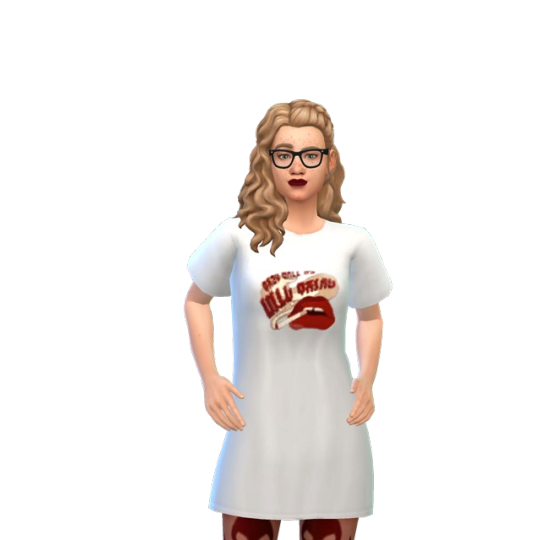
Penelope Logan
Aspiration: Musical Genius
Traits: Unflirty, Loner, Music Lover
CC:
Oversized Tshirt Dress
Pralinesims Anastasia Brows
Smooth Lippies
Buddy Holly Glasses AKA the holy grail of glasses
Jaclyn Eyeliner
SSB Freckles
Rustic Romance Luna Hair and Sola Hair

Ella Amador
Aspiration: Friend of the Animals
Traits: Hates Children, Dog Lover, Dance Machine
CC: Only my defaults
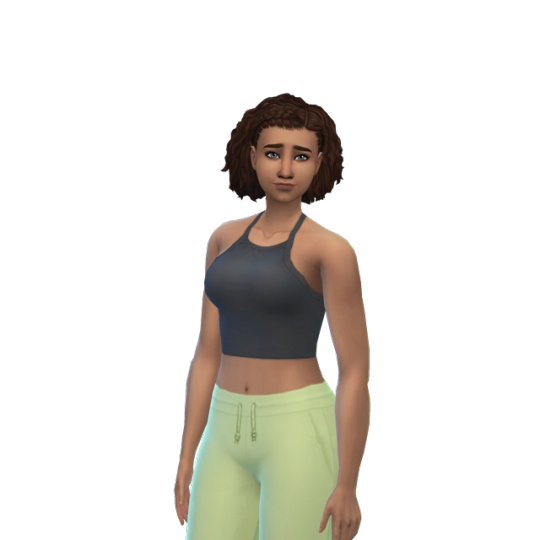
India Patterson
Aspiration: Body Builder
Traits: Materialistic, Mean, Ambisous
CC:
Pralinesims Anastasia Brows
Simple Sweats
Maela Hair
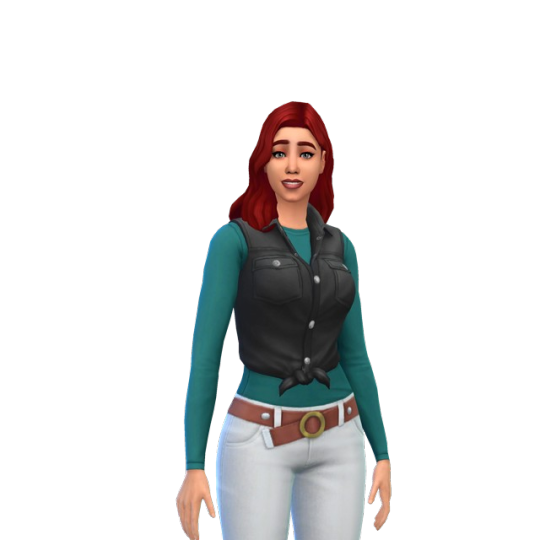
Leanna Rowe
Aspiration: Master Chef
Traits: Cheerful, Perfectionist, Family-Orientated
CC:
Honeydew Lipstick
Green Llamas Coral Hair
Pralinesims Anastasia Brows
WMS Accessory Tops
PrideSIm Rose Eyeshadow
Classic Liner Urban Eyeliner
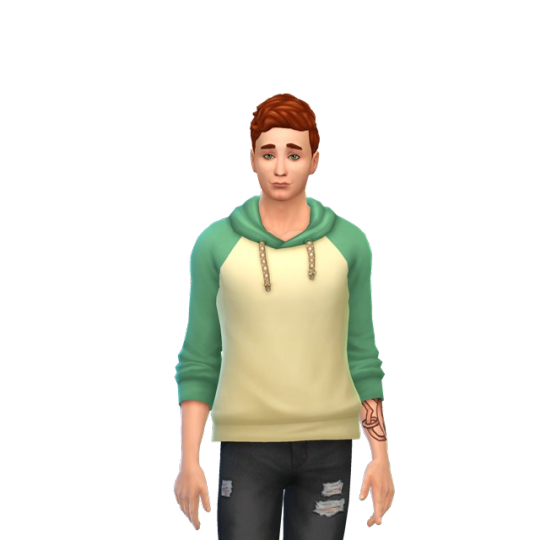
Johnny Livingston
Aspiration: Super Parent
Traits: Unflirty, Family-Orientated, Music Lover
CC:
I couldnt find his hair sowwy
KotCat Jeans

Dennis Houston:
Aspiration: Painter ExtraOridinaire
Traits: Gloomy, Dance Machine, Clumsy
CC: Only my defaults
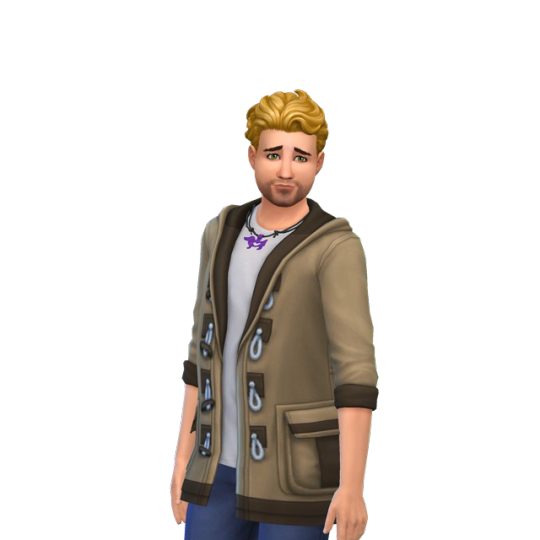
Henry McHenry
Aspiration: Cheif of Mischief
Traits: Hot Headed, Slob, Bro
CC: Only my defaults
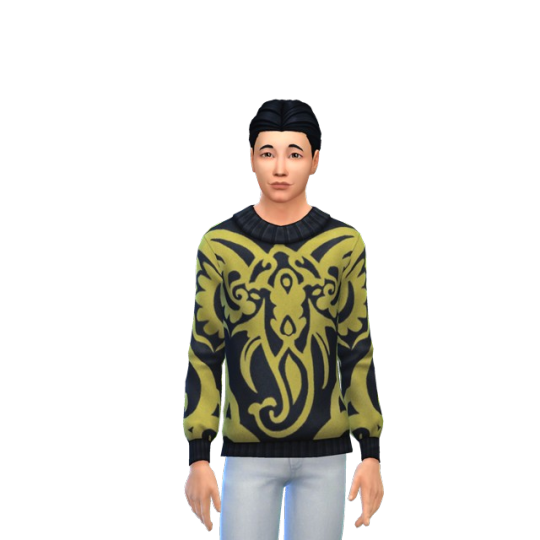
Marvin Minor
Aspiration: Serial Romantic
Traits: Cheerful, Self Assured, Geek
CC: Only my defaults
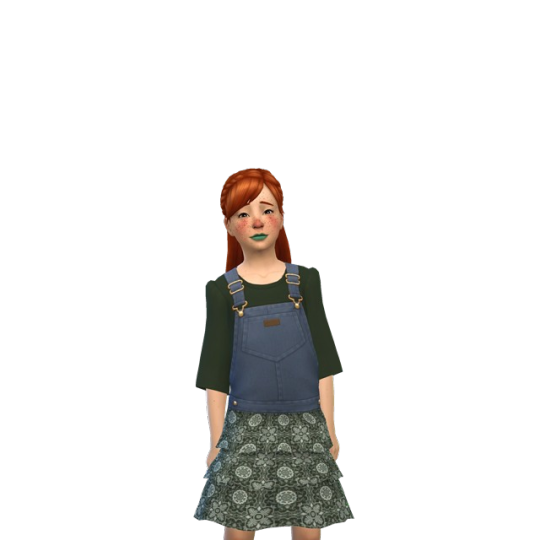
Nayeli Grace
Aspiration: Artistic Prodigy
Traits: Gloomy
CC;
SSB Freckles
PlasmaTree Sweet Talk Blush
Cottage Stuff Dress
I coudn’t find her lipstick! I no longer have it in game, so I have no idea what its called!

Alivia Lord
Aspiration: Whiz Kid
Traits: Book Worm
CC:
Buddy Holly Glasses AKA the holy grail of glasses
Couldnt find her shirt oof

Calvin Cook
Aspiration: Rambuncius Scamp
Traits: Active
CC:
Super Hero Shirt
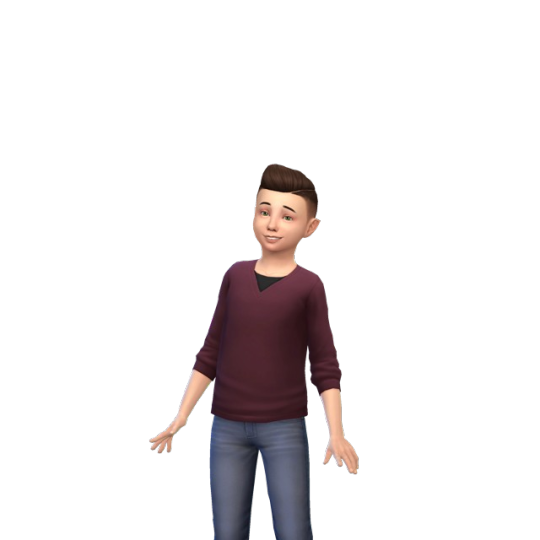
Austin Abernathy
Aspiration: Social Butterfly
Traits: Self Assured
CC: None

Renne Dickerson
Traits: Charmer
CC:
This cute dress
This hair I spent 30 minutes looking for
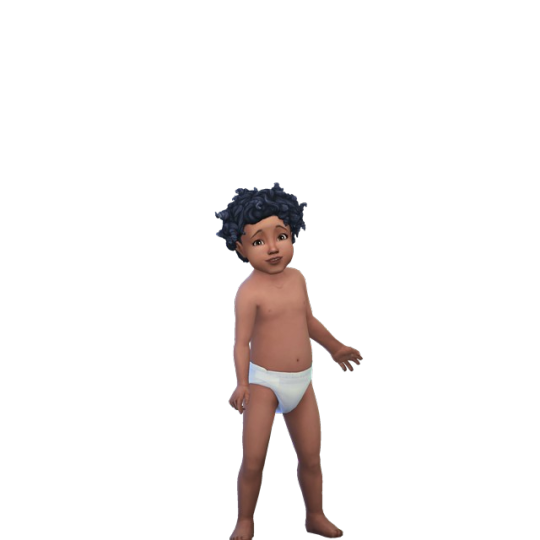
Ben Ben Bragg
Trait: Wild
CC: None

Chloe Corcoran
Trait: Angelic
CC:
Rustic Romance Stuff Dress

Karter Winston
Trait: Independent
CC:
NASA Hoodie
4 notes
·
View notes
Photo
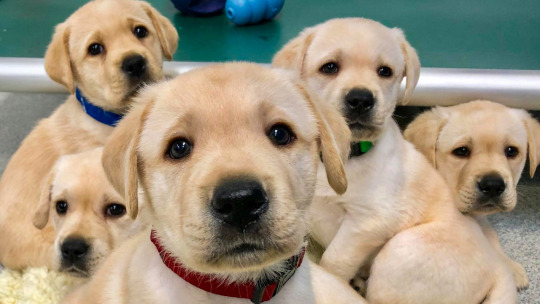
These adorable puppies may help explain why dogs understand our body language
Study suggests social intelligence is genetically hardwired in our canine companions
17 Mar 2021
By David Grimm
Few scientific mysteries can be solved with the help of nearly 400 adorably naughty puppies, but a new study is a pleasant exception. Researchers have used the furballs to show dogs' ability to understand human pointing—a rarity in the animal kingdom and key to social intelligence—appears to be hardwired in doggy DNA.
"Using puppies to answer this question is a great approach," says Heidi Parker, a geneticist at the U.S. National Institutes of Health's Dog Genome Project who was not involved with the work. "Behavior is the holy grail of dog genetics," she says. Before scientists go searching for genes that may have turned dogs into our faithful companions, they need to make sure they're there in the first place, she says. "I feel like this study shows that."
Scientists have known for more than 2 decades that dogs understand the logic behind a surprisingly complex gesture: When we point at something, we want them to look at it. That insight eludes even our closest relatives, chimpanzees, and helps our canine companions bond with us. But it's been unclear whether pooches acquire this ability simply by hanging out with us, or it's encoded in their genes. "It's the one piece of the puzzle we don't have evidence for," says Evan MacLean, director of the Arizona Canine Cognition Center at the University of Arizona.
Enter puppies. If social intelligence is genetic, dogs should display it at a very young age. And there shouldn't be any learning required.
That's what MacLean and his colleagues found. The scientists partnered with Canine Companions for Independence, which breeds dogs to assist people in the United States with post-traumatic stress disorder and physical disabilities. The group loaned the researchers 375 8-week-old Labrador and golden retriever pups: They were just old enough to participate in the experiments, but young enough to have had very little interaction—and thus experience or learning—with people.
Things didn't go quite as pleasantly as they might sound. "Working with puppies is a lot like having young kids," MacLean says. "It's a balance between extraordinarily cute and rewarding moments, and frustration that leaves you at the brink of insanity. There is nothing that will not be chewed or peed on, including all of your research equipment, your clothes, and your body."
The researchers put the puppies through three tests. First, they performed a classic pointing experiment, placing the young dogs between two overturned cups—one containing a treat—and pointing to the one with the treat (see video, above). The animals understood the gesture more than two-thirds of the time, approaching the performance of adult dogs. But they didn't get any better over a dozen rounds, suggesting they were not learning the behavior, MacLean says.
In a second experiment, a researcher stood outside a large playpen and, for 30 seconds, engaged in the kind of high-pitched "puppy talk" familiar to almost anyone who has owned a dog: "Hey puppy, look at you! You're such a good puppy." The animals spent an average of 6 seconds staring at the person. Such eye contact is rare among mammals—including the pups' ancestors, gray wolves—and it's an important foundation for social interaction with people.
In a final test, the researchers taught the puppies to find food in a plastic container, then sealed it with a lid. In contrast to adult dogs, which usually give up after a few seconds and look to humans for assistance, the pups rarely gazed at their scientist companions for help. "Puppies seem to be sensitive to receiving information from humans," as the other experiments show, MacLean says, "but they may not yet know that that they can solicit help from us."
A scientist times how long a puppy looks at her face, an important foundation for social interaction.
To confirm that the puppies' successful behaviors were genetic, the researchers analyzed their pedigrees to see how related each dog was to the others. Then they compared this relatedness with the dogs' performance on the tests. Approximately 43% of the variation in performance was due to genetics, the team reports today on the preprint server bioRxiv.
That's on par with the heritability of cognitive traits like IQ in people, MacLean says. "It's about as hardwired as things in psychology come."
"It's a really high number for a complex trait like behavior—it's a pretty big deal," agrees Noah Snyder-Mackler, an evolutionary biologist at Arizona State University, Tempe, who has collaborated with MacLean in the past, but was not involved with the current study. He says the finding suggests people strongly selected for these abilities in the past, paving the way for dogs to become the human mind readers they are today.
Parker notes that Labrador and golden retriever service dogs are "pretty amiable," and she'd like to see the study replicated with a wider variety of breeds. She also says doggy social intelligence is likely spread out over hundreds of genes, which could make the exact DNA sequences hard to nail down.
But MacLean says he's up for the challenge. His team has already begun a genomewide association study, which will scan puppies' DNA to look for genetic variants linked to these social skills. What he finds in dogs will likely hold true for complex behaviors in other animals, he says, including humans. At the very least, the work will have one upside: DNA can't pee on your leg.
0 notes